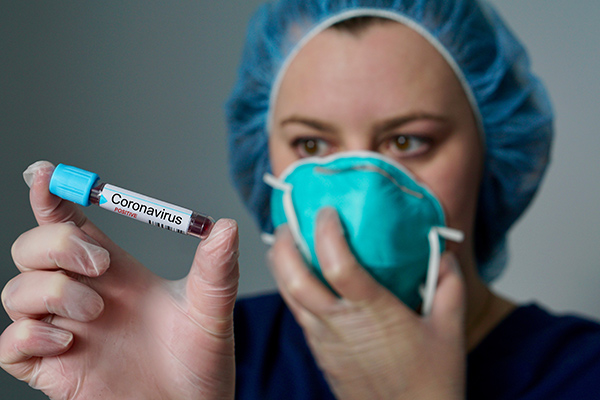Since the COVID-19 pandemic seems to not end in the near future, we all have to adapt to the new normal. We cannot down the risk to zero, but at least do every little thing to minimize it. So, if you too have decided to take an escape and stay at a hotel, make sure you follow all safety precautions. For convenience, we have listed down 10 safety tips for your trip. Keep reading…
1. Go for a Safe Destination
The foremost tip for safe travel is choosing your destination wisely and avoiding any place which has a higher number of cases. Though there is no guarantee as in a hotel people come from different corners of the country but taking an informed decision is always better.
2. Research about the Hotel’s Safety Measures
It is suggested that before you make a hotel reservation, do check the safety measures they are taking to protect guests. Whether the staff is adhering to WHO recommendations like wearing masks and providing hand sanitisers in common areas. Floor marking, signs educating guests about COVID-19, frequent disinfection of public areas and contactless check-in/checkout are other important measures that hotels should follow. If the hotel is transparent about its policies and has communicated the same on its website, it is certainly a good sign. In case, you still have doubts, call up the hotel and ask directly.
3. Check the Hotel’s Plans for Guests Who Fall ill During the Stay
God forbid, but in case you’re suddenly not feeling well after check-in, does the hotel have any protocol for you? Do they have a doctor-on-call facility or can take you to the nearest medical facility? If yes, then the hotel brand is certainly trustworthy.
4. Maintain Social Distancing and Wear a Mask at all Times
Make sure you adhere to all COVID-19 safety protocols suggested by the WHO including wearing a mask, avoid touching surfaces, washing hands regularly and maintaining at least six feet distance. Remember we are still in the midst of a pandemic for which there is no vaccination.
5. Check-in in a Room that has been Vacant for a Few Days
According to WHO warnings, coronavirus can live for up to 72 hours on different surfaces, including metal and plastic. This means that there is a substantially higher risk if you take a room that the previous guest left right before you. To be safe than sorry, ask for a room that has not been occupied for three days.
6. Sanitize Your Room Yourself
Although hotels should properly sanitise rooms between guests, to double down will only add to your safety. So go for a quick clean yourself, especially on high-touch points like door handles, TV and AC remotes, light switches and any flat surfaces like work desks or side tables. For an added layer of protection, bring your own linens and towels.
7. Keep the Room Windows Open for Ventilation
In a recent acknowledgment, WHO noted the indoor airborne spread of the virus as possible. The UN agency said, there is a possibility that coronavirus might spread in the air in inadequately ventilated spaces over a prolonged period of time with infected persons. Guests are advised to look for a properly ventilated room and keep the windows open to let fresh air in as the risk of airborne transmission is higher in indoor spaces.
8. Decline Housekeeping in Your Room to Minimise Contact
Without a doubt, the housekeeping staff must be taking all precautions but there’s always a slight risk that improper mask usage brings. Well, there’s no harm in being extra cautious so, skip out on housekeeping altogether. You can always ask for whatever you need to be kept outside your door.
9. Opt for in-Room Dining
Dining within your room has a dual advantage. Firstly, it’s more comfortable and relaxing. Secondly, it will limit your contact with others since you can’t eat or drink with a mask on. For added safety, you can always request for contactless delivery.
10. Avoid Common Hotel Facilities
Although the hotel might have opened all its facilities, it is advisable not to use them. Shared hotel amenities like gym and spa can cause some serious problems as the use of masks may be quite challenging at such places. And even if you do and others don’t while exercising, their respiratory secretions can go over greater distances. In the case of a spa, the risk may be slightly lower, but since it involves physical interaction, we recommend avoiding it.
This post was last modified on 28-Dec-2023


